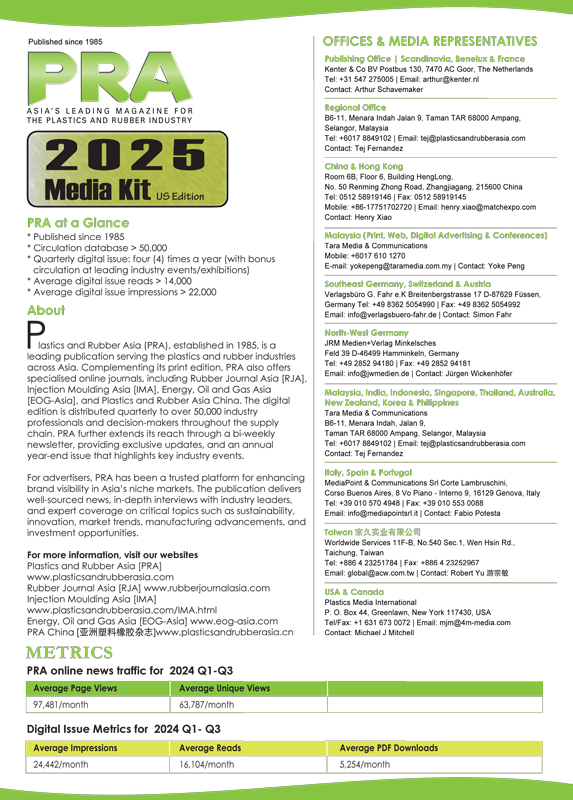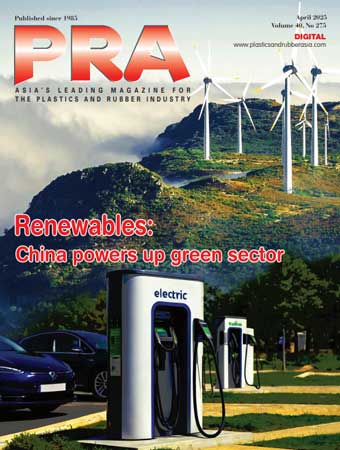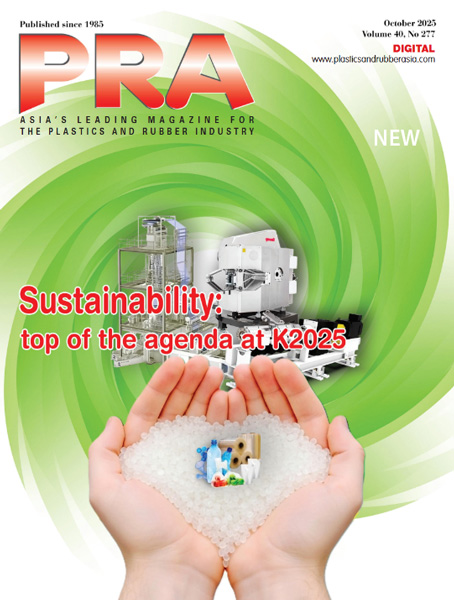Green news: Avantium’s plant-based PEF receives approval for recycling in Japan; Aduro considers Netherlands as site for recycling plant
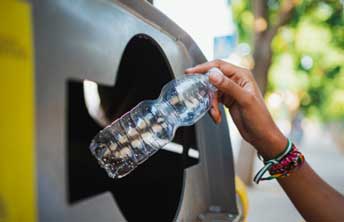
Dutch circular polymer materials firm Avantium NV announced that its plant-based plastic PEF (polyethylene furanoate), branded as releaf, has received official approval for recycling within the Japanese PET (polyethylene terephthalate) bottle stream by the Council for PET Bottle Recycling (CPBR).
Avantium earned the approval for the use of releaf, produced with its YXY Technology, in a multilayer PET bottle. This approval represents an important condition for the adoption of PEF in Japan’s beverage packaging industry, it adds.
CPBR is the Japanese industry body responsible for promoting and evaluating the recycling of PET bottles. CPBR sets voluntary design guidelines for PET bottles and conducts thorough evaluations of new materials to ensure compatibility with Japan’s advanced recycling systems. Approval from CPBR is essential for any new material to be accepted into the Japanese PET bottle recycling stream, helping maintain the integrity and efficiency of the country’s recycling infrastructure.
Following a rigorous evaluation process, CPBR has assessed Avantium’s PEF, marketed under the releaf brand, for use as a barrier layer in multilayer PET bottles. The CPBR report confirms that PEF can be safely and effectively recycled within the existing PET stream at concentrations up to 10% weight. The material met key tests for physical, chemical, and processability criteria, and complies with Japan’s Positive List system for food contact plastics, the Standards and Criteria for Foods and Additives issued by Japan’s Ministry of Health, Labour and Welfare, as well as FDA regulations.
The overall recyclability rating for PEF-containing bottles was ranked “A”, indicating full suitability for bottle-to-bottle recycling. The CPBR approval in Japan follows similar recycling recognitions in Europe (by the European PET Bottle Platform) and the US (by the Association of Plastic Recyclers). These endorsements empower brand owners and converters to confidently adopt PEF as a barrier layer.
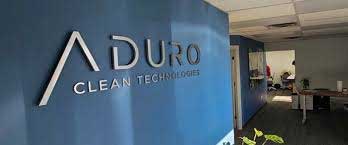
Meanwhile in other news, Aduro Clean Technologies, a developer of patented water-based technologies to chemically recycle waste plastics, announced that its wholly owned subsidiary, Aduro Clean Technologies Europe B.V., has executed a non-binding Letter of Intent (LOI) for the proposed purchase of land, buildings, and equipment associated with a brownfield industrial site in the Netherlands for a purchase price of EUR2 million.
This will mark the next stage in the company’s structured scale-up from its pilot plant. The company had focused on locations across Canada, Europe, and Mexico and opted for the Netherlands.
It added that it continues to pursue other potential locations in parallel and expects to make a final site selection in January 2026 as part of a structured plan to advance its Hydrochemolytic technology (HCT) from pilot-scale validation toward demonstration-scale through a facility targeted for readiness by early 2027.
It adds that the shortlisted location, as a previously permitted industrial facility, provides access to existing power, natural gas, water, and wastewater connections. Leveraging a brownfield location reduces project risk and capital requirements, by simplifying permitting, zoning, and utility integration, while supporting a faster path to operational readiness, the company says.
The property includes usable infrastructure and existing equipment, creating potential capital cost and resource efficiencies, and it meets evaluation criteria established for the site, including feedstock and logistics alignment, offtake market connectivity, and defined regulatory pathways. While the immediate priority for the property is the construction and commissioning of the demo plant, the site preserves the option for future expansion to a capacity of up to 25,000 tonnes/year.
The Netherlands provides an advantageous environment for the next stage of Aduro’s growth. The region combines established waste management systems and reliable feedstock availability with one of the highest global concentrations of liquid steam crackers that can utilise outputs of Hydrochemolytic conversion.
The European Union’s Packaging and Packaging Waste Regulation (PPWR) is tightening recyclability and recycled-content obligations, supporting sustained demand for certified circular feedstocks, it adds.
Subscribe to Get the Latest Updates from IMA Please click here
©2025 Injection Moulding Asia. All rights reserved.
